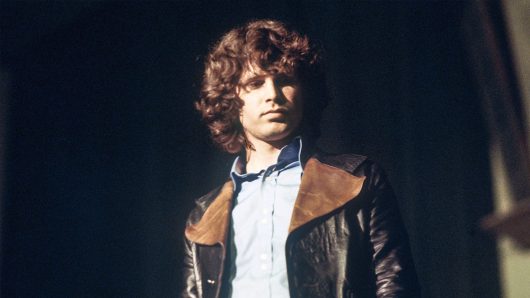It helps all great pop and rock acts to have a unique sound and a memorable image, but ultimately it’s the quality of their songs that rewards them with longevity. Here we pay tribute to those who have flipped music’s script, and countdown the 20 best songwriters of all time.
Listen to our Rock Classics playlist here, and check out our 30 best songwriters, below.
30: Warren Zevon
Once described by The Guardian as “the artist’s artist”, Chicago-born singer-songwriter Warren Zevon only enjoyed a relatively brief brush with mainstream fame, but he remains one of music’s most revered figures, with a fan club including iconic figures such as Bob Dylan and Bruce Springsteen.
The latter said that Zevon wrote about “the good, the bad and the ugly in life”, and that’s entirely true of his catalogue, which includes songs full of biting satire, but also gloriously touching ballads such as Searching For A Heart and Reconsider Me. His profile was at its highest during the late 70s, when he scored a platinum certification for 1978’s Excitable Boy album (featuring his signature hit, Werewolves Of London), but, despite lengthy battles against various personal demons, the best Warren Zevon songs rarely dipped in quality. Indeed, his final album, The Wind, recorded after Zevon was diagnosed with terminal lung cancer, attracted some of the best reviews of his career and won two posthumous Grammy Awards in 2004.
Must hear: Werewolves Of London




